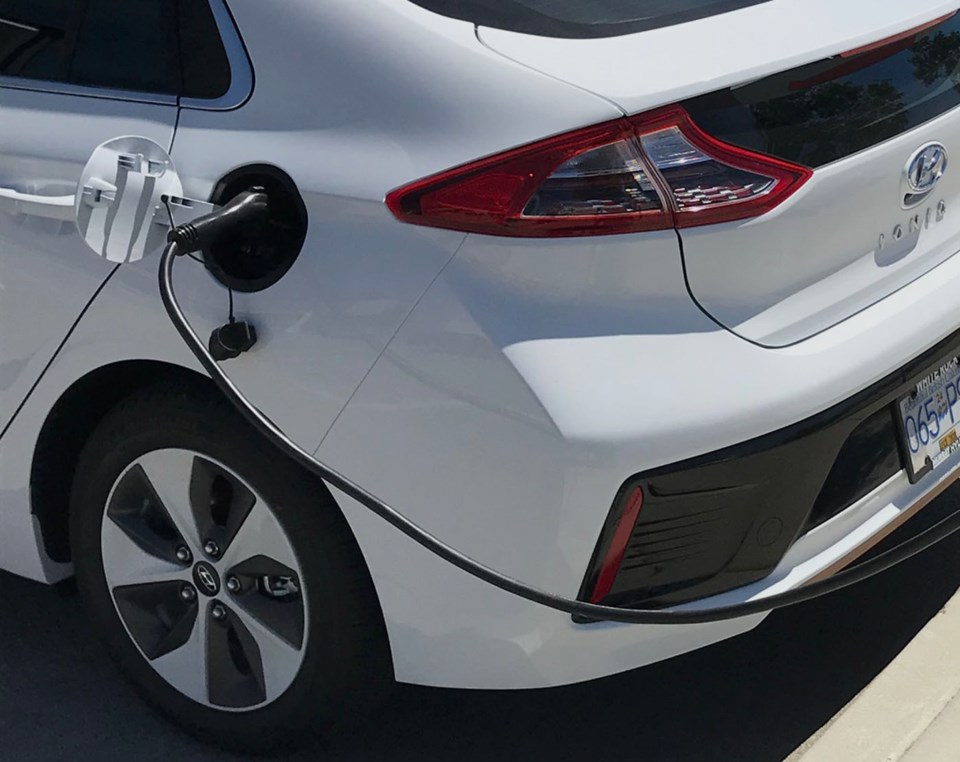The City of Delta wants to update its Community Energy and Emissions Plan.
A request for proposals was recently issued for a consultant with relevant knowledge and experience to help city staff update the plan.
The new plan will identify additional actions Delta can take towards supporting greenhouse gas emission (GHG) reductions at the community level and include an implementation framework and strategies to engage the community in dialogue and action.
The city notes that as a signatory to the British Columbia Climate Action Charter in 2007, Delta agreed to create complete and compact communities, measure and reduce community and corporate greenhouse gas emissions and become carbon neutral by 2012.
The Climate Change Initiative focused on reducing GHG emissions from municipal buildings, fleet and operations and Delta has been carbon neutral in corporate operations since 2012.
A Community Energy and Emissions Plan was completed in 2013, which focused on the community's efforts to reduce energy consumption related to transportation, buildings and solid waste.
In late 2019, Mayor George Harvie brought forward a new motion for further measures the city can take to reduce GHG.
The approved motion included a recommendation to adopt a community greenhouse gas reduction target of 45 per cent reduction of 2007 levels by 2030 and zero net emissions by 2050.
Given changes in programs and policy at all levels of government, it is an opportune time to update the
Community Energy and Emissions Plan to identify new opportunities to support community-wide emission reductions and update a path to reach targets, according to the city.
The city has budgeted a total of $50,000 for the project.
Delta’s climate plans and policies include, among other things, corporate action under the city’s direct control as well as community action and policies to support or influence the reduction of GHG emissions from the broader community, residents and businesses.



